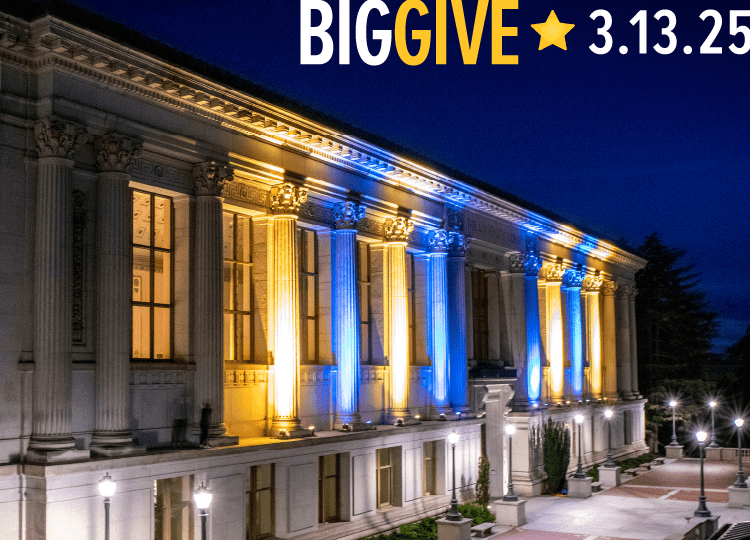My not-quite-2-year-old can’t articulate beyond the monosyllabic level: “Ma” and “Pa,” of course, and “Wa” for water. But what really gets him jacked is his “La”: an old iPad that is now his exclusive, if crusty and sticky, property. He plays games that still confound me, and cruises the internet with ease, ferreting out YouTube clips and videos that amuse him. In short, when watching him, I sometimes get the uneasy feeling that I’m witnessing the evolution of a (terribly cute n’ cuddly) cyborg: O brave new world, That has such people in’t, etc.
Well, apparently I should just get a grip—then relax. As indicated by the latest research from UC Berkeley psychology professor Alison Gopnik, he’s simply being a kid, doing what kids do best: outsmarting adults.
Gopnik and fellow researchers pitted 106 preschoolers against 170 college undergrads in an experiment testing their relative cognitive—or perhaps, more accurately, intuitive— skills. As described in a paper just released online in the journal Cognition, the post-toddlers and college students were presented with a small box that lit up and warbled happy-time music when clay blocks of specific shapes—called “blickets”—were placed on their tops. The kids rapidly grokked which combinations of blickets would activate the box, while the undergrads got bogged down in trying to determine the efficacy of individual blocks.
“For a long time, we thought babies and young children had all these problems thinking logically or thinking clearly or understanding cause and effect,” Gopnik says. “But what we’ve been showing empirically is that just the opposite is true. Even the youngest baby can do things unconsciously like analyze statistics and draw causal inferences.”
In essence, the kids whipped the adults like rented mules because they were unencumbered by experience (the kids, not the adults or mules). Grown-ups, concluded Gopnik and company, often ignore facts that don’t match assumptions garnered over the years. Young children are able to cut through the Gordian knot of preconceived notions simply because they don’t have any. Also, their wee but highly active brains may be more open and sensitive to the world around them.
“They’re solving problems in the same way as many intelligent scientists would, but they’re not self-conscious about it,” Gopnik says. “When it comes to actually acting in the world, adults are much better than children.(Kids) have a hard time tying their shoes. But when it comes to learning, and particularly when it comes to exploring lots of unusual alternatives, we actually have some reason to believe children may be better at doing that than adults.”
Gopnik and her fellow psychologists still have more ore to extract from this vein: Specifically, they need to determine if the youngsters’ dominance at problem solving is due more to a lack of preconceptions or innate neurological flexibility.
Either way, it’s a relief to know the kids are alright.
Now if you’ll pardon me: From the bellowing in the back bedroom, I can tell it’s time for a “La” session.


















